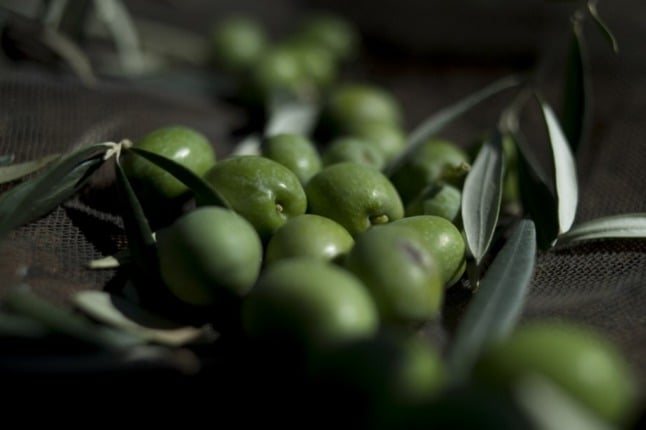Incoming orders to the country have plunged by 30 percent since February last year.
“The slowdown has come on incredibly quickly. We’ve had bad times in industry before but this has gone incredibly quickly. It’s unprecedented,” said SEB bank’s macroeconomic analyst Torbjörn Isaksson.
A stabilization of the US economy is key to a turnaround in fortunes for Sweden’s industrial finances, he added.
“The domestic situation in Sweden is relatively good compared to what the situation is like in a lot of other countries. We have a bank system that is relatively healthy and the Swedish economy is basically in good shape.
“But at the same time the Swedish economy is dependent on exports. In stormy seas the Swedish ship too will lurch,” said Isaksson.
Industrial production in February was down 22.9 percent on the same period last year.



 Please whitelist us to continue reading.
Please whitelist us to continue reading.
Member comments